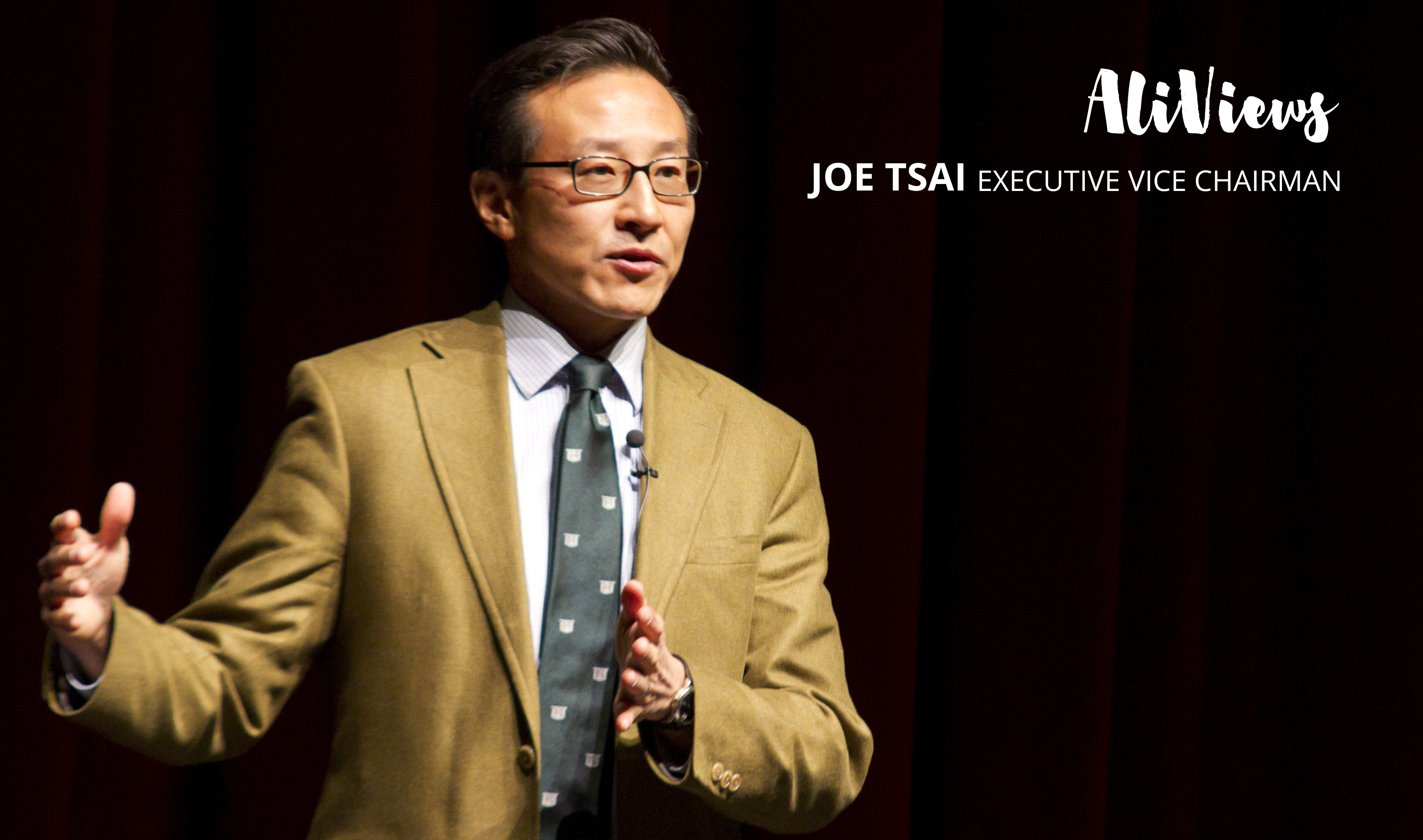


Alibaba’s business continues to do well in an uncertain economic environment characterized by slower global growth and the trade war. Last quarter I explained why Alibaba is on the right side of all of the solutions that could help us address issues in the trade war.
This quarter, our core commerce business, comprising China retail, wholesale, international commerce, logistics and local consumer services, performed exceptionally well with overall year-on-year revenue growth of 44%.
The question that is invariably asked is, how does Alibaba’s business, which is consumption driven, continue to deliver robust growth despite challenges in the broader economy?
I want to offer two reasons. Both are big secular trends happening in China that we have taken advantage of. The first is demographics, and the second is the rapid pace of digitization.
[content id=”29742″]
On demographics, China’s US$5.5 trillion domestic consumption market is driven by two massive demographic forces. First is the emergence of a middle class of over 300 million people living in large cities. This affluent middle-class population is almost as large as the entire U.S. population, and their consumption needs and wants are approaching levels of developed markets.
We have talked about the desire of these consumers to upgrade the quality of products they buy, especially the pursuit of brands and imported products. Alibaba’s Tmall platform benefits tremendously from this ongoing trend, and we believe it will continue to be the leading choice for consumers looking for quality and a consumption upgrade.
The second massive demographic trend is the rise of urbanization affecting third-, fourth- and fifth-tier cities. Other than the major metropolitan areas, such as Shanghai, Beijing and Shenzhen, China has more than 150 cities with a population of at least 1 million people. In aggregate, these lower-tier cities and the surrounding townships have more than 500 million people and a consumption economy of US$2.3 trillion.
What’s happening is that the lower-tier cities are urbanizing very fast, with a projected 300 million people that will move from rural areas into these cities in the next 10 years. The economy of these smaller cities will grow faster than the major metropolitan areas. We’ve seen projections that retail consumption from the lower-tier cities and townships will triple from US$2.3 trillion today to nearly US$7 trillion by 2030. That is a compounded annual growth rate of more than 10% over a long period of time.
In the current quarter, we grew annual active consumers of our China retail marketplaces to 674 million, of which more than 70% come from lower-tier cities. Alibaba’s China retail platforms, especially Taobao Marketplace, is very well-positioned to capture the consumption demand from the lower-tier cities.
Alibaba is uniquely positioned, with the capability to capture opportunities from both the growing middle class in metropolitan areas and the urbanization of lower-tier cities. This unrivaled capability is enabled by our multiple retail platforms – which are highly trusted by consumers – an extensive ecosystem of brands, merchants and manufacturers, and AI-driven personalization technology.
The second big secular trend I want to talk about is the rapid pace of digitization.
Over the past 10 years, the digitization of the Chinese economy has been driven by smartphones. Because of the convenient and always-connected nature of mobile devices, more and more users are spending more and more time connected to the internet. This is giving the digital-service providers a great feedback loop to understand user trends so that they can rapidly and continuously improve their services.
Under our all-in mobile strategy, Alibaba has become the leading player in digitizing commerce. We have developed the most-sophisticated AI algorithms to serve consumers on our platform, which results in an ever-improving user experience as well as increasing monetization opportunities.
In the next 10 years, the digitization of the economy will be further accelerated by the advent of 5G connection and the proliferation of Internet-of-Things devices. This will have far-reaching implications for all industries and processes, including public services, manufacturing, supply chain, distribution, product development and marketing.
By developing these essential technologies of a more-digitized world, such as data technology, cloud infrastructure and machine intelligence, Alibaba is very well-positioned to help businesses succeed through our new infrastructure for commerce.





